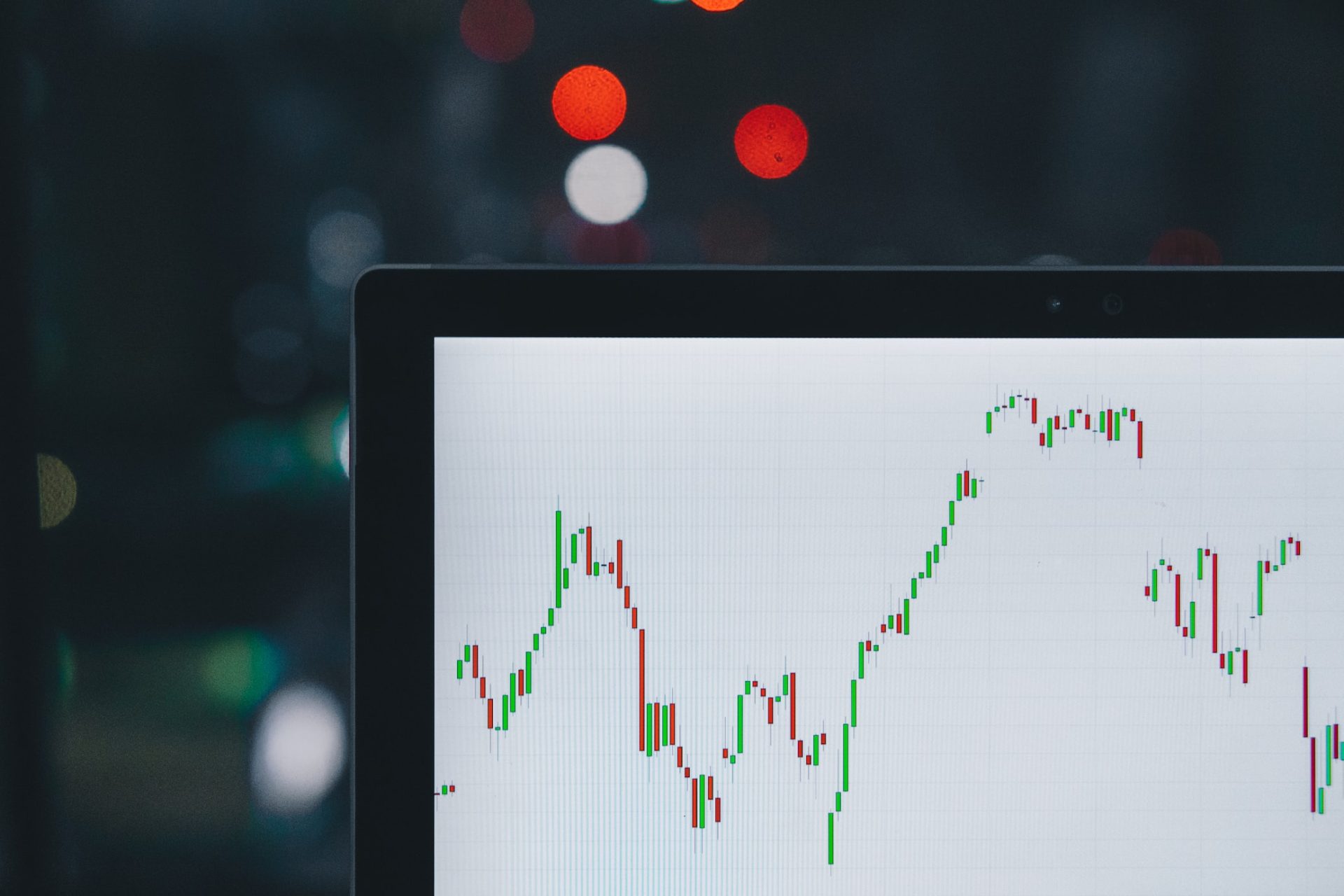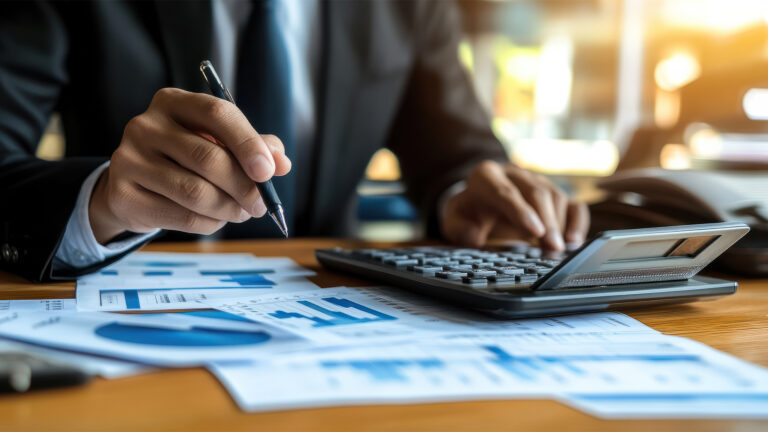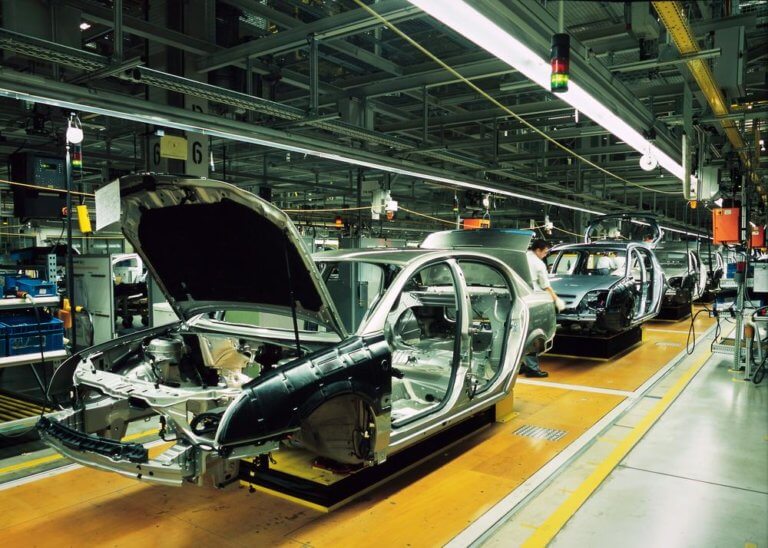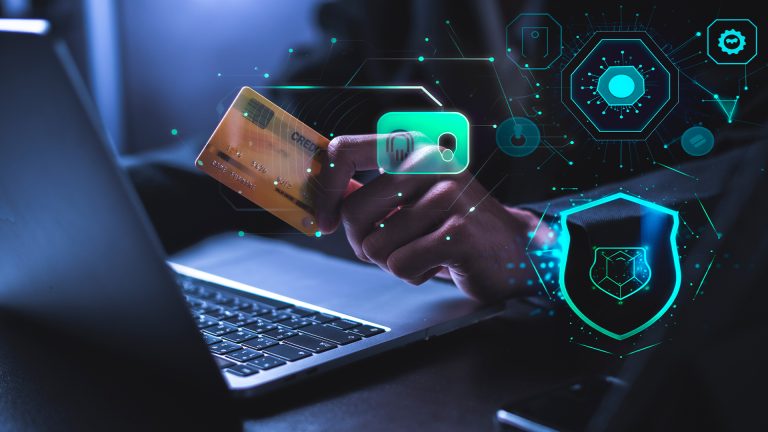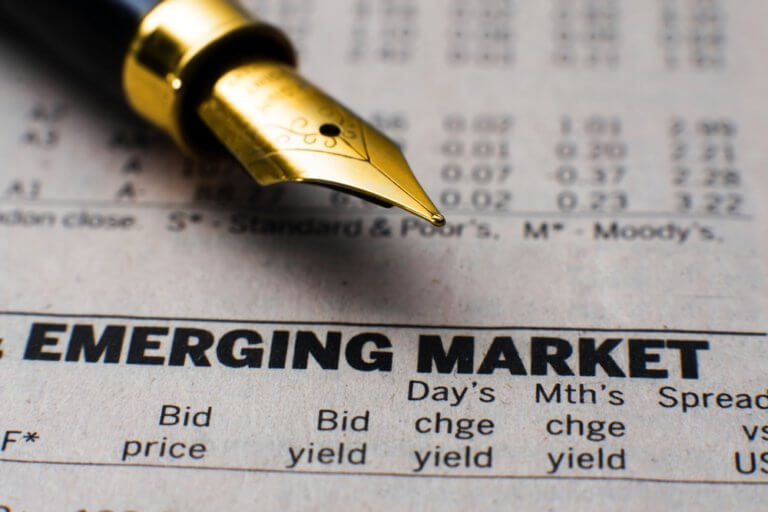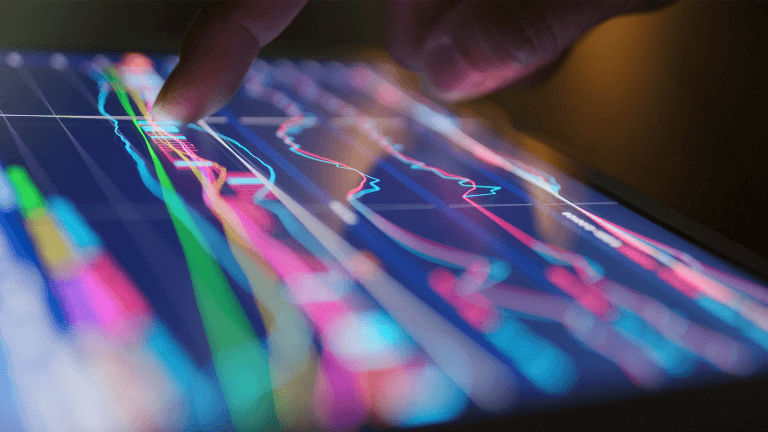“General artificial intelligence” refers to systems that can self-learn from experience with “humanlike breadth” and do tasks better than people. While the prospect of general trading and AI presents serious philosophical questions, this technology is still decades away.
Instead, narrow AI focuses on specific applications, such as language translation, chatbots (automated online customer care), and driverless cars. Machine learning-based systems use enormous data and advanced algorithms to improve projections. Narrow AI in the real world needs enormous data sets to include as many previous occurrences as possible in future projections. Supervised data is labelled. “Unsupervised data” is raw data that requires the machine to find patterns.
The Consequences Regarding Trading And AI
Insofar as AI helps increase productivity, it will encourage broader economic expansion and open up fresh channels for cross-border commerce. However, economies will need time to invest in, get access to, and adapt to emerging AI technologies before they can begin to reap the benefits of these advancements.
Use Cases of Artificial Intelligence in Global Trade
Synthetic Intelligence And International Supply Networks
In the process of creating and overseeing international supply chains, AI is already making an impression. It can help with risk management in the supply chain and improved forecasting of future trends like shifts in customer demand. Just-in-time production and shipping can run more smoothly with better control over warehouse inventory. Packing and inventory checks are made easier with the help of robots.
In order to facilitate predictive self-maintenance and rapid adaption to client demands, “smart manufacturing” makes use of sensors and Internet-connected machinery, materials, and supplies. The greater connection might allow for more specialised participation in global value chains by service providers in areas such as research and development, design, robotics, and data analytics that are targeted to specific activities along the supply chain as more sectors adopt smart manufacturing.
Trading And AI: Online Trading Has Become Increasingly Popular
AI is also being used on online marketplaces like eBay right now. In the United States, 97% of eBay-based small firms export, compared to only 4% of their non-digital counterparts.
Services for translating texts, created with the help of artificial intelligence, are a major enabler of digital platforms as motors of international trade. For instance, thanks to eBay’s machine translation service, the company saw a volume rise of 17.5% in exports to Spanish-speaking Latin America and a revenue gain of 13.1%.
Future Artificial Intelligence Development Faces Trade Obstacles
Ability to Use Data for AI
Access to global data is essential for building AI systems that can adapt to a wide range of situations and user populations. It is important to have access to global health data that goes beyond the boundaries of country populations when building AI in fields like healthcare, for example.
Transnational data exchange is essential to the success of these digital technologies. Data localization policies that limit international data flows will have a negative effect on AI in two ways: first, by reducing the availability of training data; and second, by weakening the foundations upon which AI is built.
AI and Privacy
Governments are currently limiting the transfer of personal data across borders in order to maintain domestic privacy standards.
However, if individuals are going to feel safe moving their entire lives online, including sharing massive quantities of personal data for AI learning, then robust privacy measures are going to be necessary. The biggest obstacle will be coming up with privacy standards that don’t limit people’s ability to use their data.
Artificial Intelligence Standards
To create AI-based industrial goods, many new norms will need to be established. For instance, the introduction of autonomous cars would prompt the establishment of novel guidelines for the construction and security of motor vehicles. In order to lower trade barriers for AI-enhanced goods, international talks will be sparked around interoperability since the creation of multiple domestic standards across nations might increase costs for foreign producers that need to retool in order to export.
The Bottom Line
The use of trading and AI relationships is already altering international trade patterns and international value chains. Global AI development and deployment will be profoundly influenced by the trade laws created today in the WTO or free trade agreements. Trade regulations are necessary for the future of AI. You can, however, make a trade using a trading bot such as bitalpha ai.
